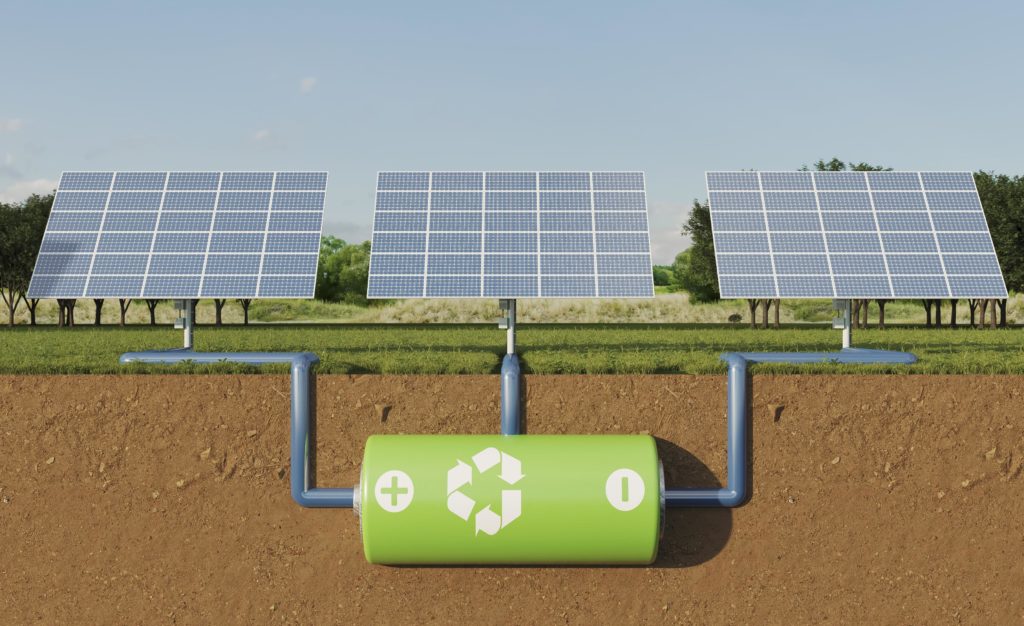
Singapore and Solar Energy
Solar energy is a rapidly growing segment of power generation in a cleaner and greenway. As the earth is poisoned by toxic carbon emissions by the continuous use of fossil fuels. Solar energy serves as a renewable source of energy, without harming anything. It has an important role in the future of energy production. Producing solar energy with solar panels has two main advantages, that is, cost-effective and renewable.
Is solar energy renewable?
Any source of energy that refills spontaneously on a human timeline is referred to be a renewable energy source. Non-renewable energy sources such as coal and oil, gas aren’t considered renewable because they form over hundreds of thousands of years, making them impossible to refill at the current rate of use. Solar energy is a renewable resource, which means it will never be depleted or scarce.
All we need to do now is construct enough solar panels to collect it. Solar energy comes from the sun\’s beams, but fossil fuels come from the earth’s ancient carbon-rich remnants. Solar energy will be present as long as the sun shines. NASA scientists estimate that the sun is nearly halfway through its life cycle, giving us about 4.5 billion years to harness solar energy. No matter what happens solar energy will always be available for us.
How Does Solar Power Work?
The mounted solar panels absorb the sunlight. In the panel, the present silicon and conductors convert the light into DC electricity (Direct Current). Then, it flows into the inverter. Further, the inverter converts the DC current into AC electricity (Alternate Current). This can be used at home. If there is extra electricity that is not used by you, goes through your home’s meter into the main grid for others to use. If there is a shortage of power, you can draw from the grid as well. With a grid-connected solar system, you still have the backup power for your uses.
Pros and Cons of Solar Energy
Yes, solar energy also has certain benefits and disadvantages. Let’s check it out!!
Pros:
- Reduces the carbon footprint
- You get federal assistance for solar panels.
- Saves money on the electric bills.
- Less strain on the electric grid.
- Generate your own electricity.
- Sell back excess solar energy.
Cons:
- Can’t produce electricity at night.
- Solar energy storage costs more.
- Installation is pricey.
- Doesn’t give much portability.
How Green is Solar Energy?
In addition to being renewable, solar energy is sometimes referred to as a “green” energy source because it has no negative environmental consequences. While fossil fuels emit greenhouse gases and other particles into the environment, solar energy generation produces no emissions and maybe done everywhere the sun shines. Many individuals are concerned about the environmental impact of solar panel production. Making high-quality solar modules, like any other manufactured product, requires resources and energy, implying that solar energy production has some environmental impact. The good news is that this negative impact pales in compared to the benefits of solar panels’ zero-emissions energy.
According to studies, it only takes a few months for a solar panel to “cancel out” the impact of its production. With the emergence of new panel technologies and designs, the environmental impact of manufacturing solar panels is decreasing year after year. Solar panel efficiency, for example, is growing year after year. This means that solar panels are improving their ability to convert sunlight into emissions-free electricity, and the relative environmental cost of manufacturing panels compared to the clean energy they provide is fast decreasing. Solar panels can also be recycled, and the components within them can be repurposed, further reducing solar energy\’s overall environmental footprint. Panel recycling techniques, like panel efficiency, are improving all the time, lowering the lifespan effect of solar energy even further.
Singapore and Solar Energy
Solar energy is the country\’s most promising renewable energy source for generating electricity. Solar energy is environmentally friendly, produces no emissions, and helps to ensure Singapore\’s energy security. The Energy Market Authority (EMA) has been taking aggressive initiatives to make its deployment easier while also assuring power grid stability. The requirements have also been relaxed to allow for the installation of solar panels as well as solar farms. Solar installations can now be connected to the power grid in as little as seven days, thanks to a change in the laws.
However, there are several obstacles to large-scale solar deployment in Singapore, such as land limits and local meteorological conditions. EMA has begun investing in solar energy in order to prepare for a future where solar energy will play a larger role in our energy mix. To prepare for a future in which solar energy will play a larger role in our energy mix, EMA has begun investing in research and development in areas such as solar forecasting and, in particular, energy storage. At the same time, the government has provided a critical mass to help catalyze the growth of the local solar PV industry through the Solar Nova project. The installed solar capacity in Singapore was 203 MWp.
In 2018, Singapore’s installed solar capacity was 203 MWp, with a goal of increasing it to 350 MWp by 2020 and 1 GWp after 2020, which would be enough to power around 210,000 four-room HDB flats. Singapore is also putting preparations in place to target a peak solar deployment of one gigawatt by 2020. PUB and EDB, for example, announced plans for large-scale solar photovoltaic (PV) systems in 2018 to help accelerate expansion. PUB and EDB, for example, announced plans for large-scale solar photovoltaic (PV) systems in 2018 to help accelerate the growth and acceptance of solar energy in Singapore. This includes a 50 megawatt-peak floating solar installation on Tengeh Reservoir and a 5 megawatt-peak sea-based offshore floating solar test-bed north of Woodlands Waterfront Park.

